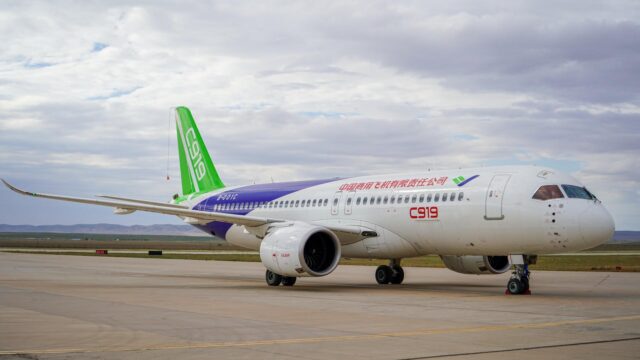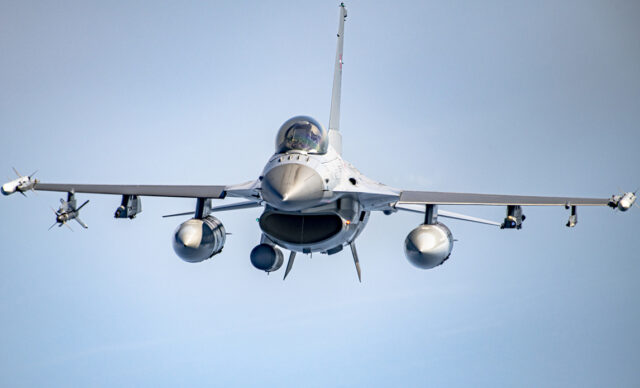Asia’s cargo sector gets a sustainability boost as Neste agrees year-long SAF supply with DHL Express
Neste will supply 7,400 tonnes of neat SAF at Singapore Changi Airport from July 2025 to July 2026.
In line with plans to decarbonise its operations, DHL…

July 16, 2025

Neste will supply 7,400 tonnes of neat SAF at Singapore Changi Airport from July 2025 to July 2026.
In line with plans to decarbonise its operations, DHL Express has agreed a year-long sustainable aviation fuel (SAF) supply at Singapore Changi Airport.
The CORSIA-eligible fuel is being supplied by SAF produced locally at Neste’s refinery in Singapore.
The deal marks one of Asia’s largest SAF deals by volume in the air cargo sector. It is also one of the largest SAF agreements purchased by DHL in Asia-Pacific and marks the company’s first direct purchase of SAF for flights between Singapore, Asia and the Americas.

Carly Nyberg, senior vice president, commercial, renewable products at Neste said: “the agreement leverages SAF production and supply capabilities in Singapore.”
He also noted it “demonstrates how Neste is working with DHL globally to help the company achieve its air transportation decarbonisation targets using a solution that is available at scale today.”
How will the SAF be used?
Neste’s MY SAF is made from 100% renewable waste and residue raw materials, such as used cooking oil and animal fat waste. The SAF, which can be blended up to 50% with conventional jet fuel, reduces greenhouse gas emissions by up to 80% over its lifecycle.
The blended fuel will be delivered into Changi Airport’s fuel distribution facilities using the Neste’s integrated supply chain from its Singapore refinery.
The fuel will account for up to 40% of the overall fuel blend composition and will be used to refuel DHL Express’ five Boeing 777 freighters based at DHL’s South Asia Hub at Changi. The freighters currently depart from the airport 12 times a week.

Describing the agreement as a “significant milestone,” Christopher Ong, DHL Express Singapore’s managing director, said, it will “enable us to gain new strides in emissions reduction in air transport.” It will also allow customers to benefit from more sustainable shipping options.
“As one of the largest users of SAF globally, DHL Express is leading the way towards more sustainable logistics and driving voluntary demand for SAF adoption,” Ong added. “We’re not just meeting the industry standards but setting them.”
How much SAF does Neste’s Singapore refinery produce?
Neste’s Singapore presence started in 2007 when it announced plans to build the world’s largest renewable diesel refinery in the country. The facility originally opened in 2010, with expansion plans revealed in 2018 to double the facility.

The €1.6 billion investment in its Singapore refinery provided Neste with additional production capabilities. In addition to renewable diesel and renewable feedstock for polymers and chemicals, production capabilities for SAF were introduced when the expanded facility opened in 2023.
The refinery’s total production capacity currently stands at to 2.6 million tonnes of fuel annually. This includes up to one million tonnes of SAF.
The SAF supplied to DHL will contribute to Singapore’s SAF mandate. From 2026, all airlines departing from the country will be required to use SAF, with a 1% target uplift initially. This will rise to 3-5% by 2030.
















